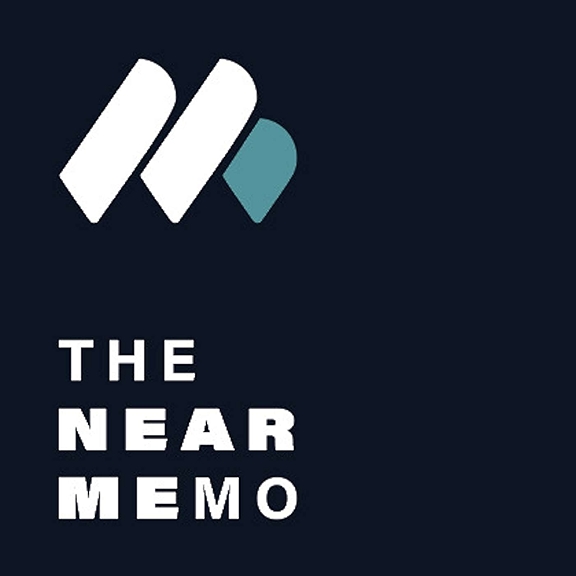
MindTrip brings AI travel search, Search Shenanigans, Boost Google Local Rankings w/ Engagement?
Segment 1: OpenAI & MindTrip bring AI to search, will it matter?
Last Thursday, OpenAI made waves with an announcement about Search GPT, a prototype aimed at revamping the search experience for ChatGPT users. Promising a two-column format, it aims to ease the search process and challenge traditional search engines like Google. The prototype has the potential to streamline user experience while emphasizing publisher control and cooperation.
In related news, a new travel bot, MindTrip, emerged, offering a conversational approach to travel planning. Users can refine searches for hotels, activities, and dining options, echoing the AI-driven trip planning Google showcased at their IO event.
Clearly Google has the mindshare, the consumer usage AND the knowledge graph to fend off these new competitors, but Google’s increasing contradictions and emphasis on income rather than user experience may hurt them.
Segment 2: Google’s Search Shenanigans: Boosting Numbers with Tricks?
Is Google might be artificially inflating search volumes? One tactic involves generating new URLs for actions like clicking reviews in business profiles, which counts as additional searches. Another strategy is tweaking ad displays to change when users return to the search page, boosting ad inventory without increasing actual searches.
This behavior coincides with Google’s internal goal of increasing search volumes, potentially to impress Wall Street. However, this approach might be backfiring, frustrating users who have to perform multiple searches to find relevant information. This shift towards prioritizing revenue over user experience raises questions about Google’s long-term strategy and the potential need for new leadership to refocus on user satisfaction. How sustainable are these tactics?
Segment 3: Can You Boost Google Local Rankings via Engagement?
Recent revelations from API leaks and DOJ findings highlight that Google uses click-through rates and on-site engagement as primary metrics to rank sites, contributing up to 30% of a site's ranking factors. This suggests that improving user interaction—like enhancing title tags, adding images, and boosting on-site engagement—can significantly impact search rankings.
Does Google use similar engagement metrics to influence local business rankings? Actions like users interacting with business profiles, scrolling through images, and reading reviews might boost local search visibility. While photos play a critical role in attracting user attention, reviews and specific content like menus or price information can drive deeper engagement, do they potentially also elevate rankings?
This underscores the importance of comprehensive competitor analysis to identify effective content strategies, ensuring businesses stay ahead in the local search game. As Google prioritizes engagement metrics, businesses must understand and cater to user desires on a category by category basis going forward.
Subscribe to our 3x per week newsletter at https://www.nearmedia.co/subscribe/




















